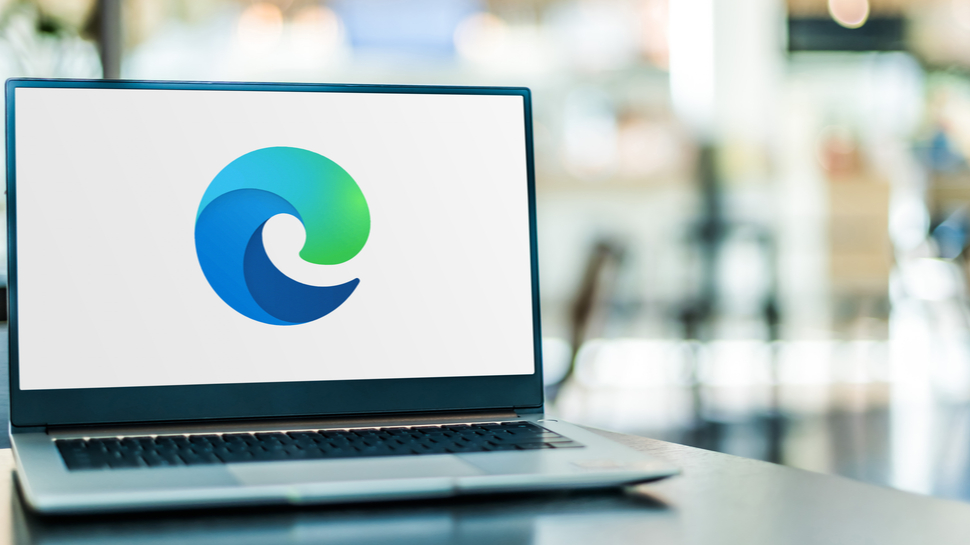
Vivaldi’s CEO has fired a copious amount of flak at Microsoft in a fresh move in the browser wars, accusing the software giant of going “back to its old tricks” with promoting the Edge browser in Windows.
Jon von Tetzchner, chief executive of the rival Vivaldi browser, wrote a lengthy blog post which complains about how it’s “frustrating in 2021 to find Microsoft blatantly engaging in anti-competitive practices once again”.
We have, of course, made plenty of comments in recent times about how Microsoft is walking a thin line in terms of pushing too hard with promotion for Edge within its desktop operating system Windows.
Most recently, that has included pop-ups that attack Chrome specifically (‘that browser is so 2008!’) and pushing ads for other Microsoft services within Edge, as well as making it more difficult to change your default browser away from Edge within Windows 11 (the latter is a course Microsoft is apparently now reversing, fortunately, at least in preview builds for now).
As Tetzchner points out, when he got a new Windows laptop, the first thing he did was to use Edge (which is the default choice of browser, of course) to search for Vivaldi in order to install that, but the OS warned him that ‘there’s no need to download a new web browser’ because, basically, Edge is the best around.
Tetzchner further points out that Microsoft asks for confirmation of a switch away from Edge to a new browser as the default, and even after that, when you next use Edge, it’ll pop-up a panel to try to reclaim the position of default browser.
He further observes: “Microsoft’s moves seem desperate. And familiar. It is clear they don’t want you to use other browsers. They even offer to pay you to use the browser via their Microsoft Rewards program.
Sign up for breaking news, reviews, opinion, top tech deals, and more.
“This is not the behavior of a confident company developing a superior browser. It’s the behavior of a company openly abusing its powerful position to push people to use its inferior product, simply because it can.”
He urges folks to ask for Microsoft to be investigated for these “obvious anti-competitive practices”.
Analysis: Overzealous pushing of Edge is arguably unnecessary anyway
We’ll leave any arguments of Edge being an ‘inferior product’ aside, because we don’t agree on that score. It’s actually a pretty good browser in many ways, and that kind of makes Microsoft’s actions and pushing it in an overzealous manner all the more mystifying (and frustrating). Edge should really sell itself, given time, so hey Microsoft, why not do just that: play the waiting game, keeping improving the browser, and watch the adoption level tick up as time rolls on.
We do agree that Microsoft needs to steer clear of all this Edge promotion within Windows 10 and 11, as if anything, it’s likely to backfire and push people away from the browser, anyway. And certainly any underhandedness when it comes to trying to change default browsers must absolutely be stopped.
The path of popups and countermeasures trying to stop you switching away from Edge as the default browser will be nothing new to experienced Windows users, of course. But these kind of dialog boxes could confuse the less tech-savvy, and even cause them to switch back to Edge by accident, potentially, which really isn’t on.
Windows – or any operating system – should be built around user-friendliness, and that friendliness extends to allowing the user their choice of browser without any catches or ‘reminders’ that they could get confused about or stumble over.
- Check out the best anonymous browsers
Via Neowin
Darren is a freelancer writing news and features for TechRadar (and occasionally T3) across a broad range of computing topics including CPUs, GPUs, various other hardware, VPNs, antivirus and more. He has written about tech for the best part of three decades, and writes books in his spare time (his debut novel - 'I Know What You Did Last Supper' - was published by Hachette UK in 2013).